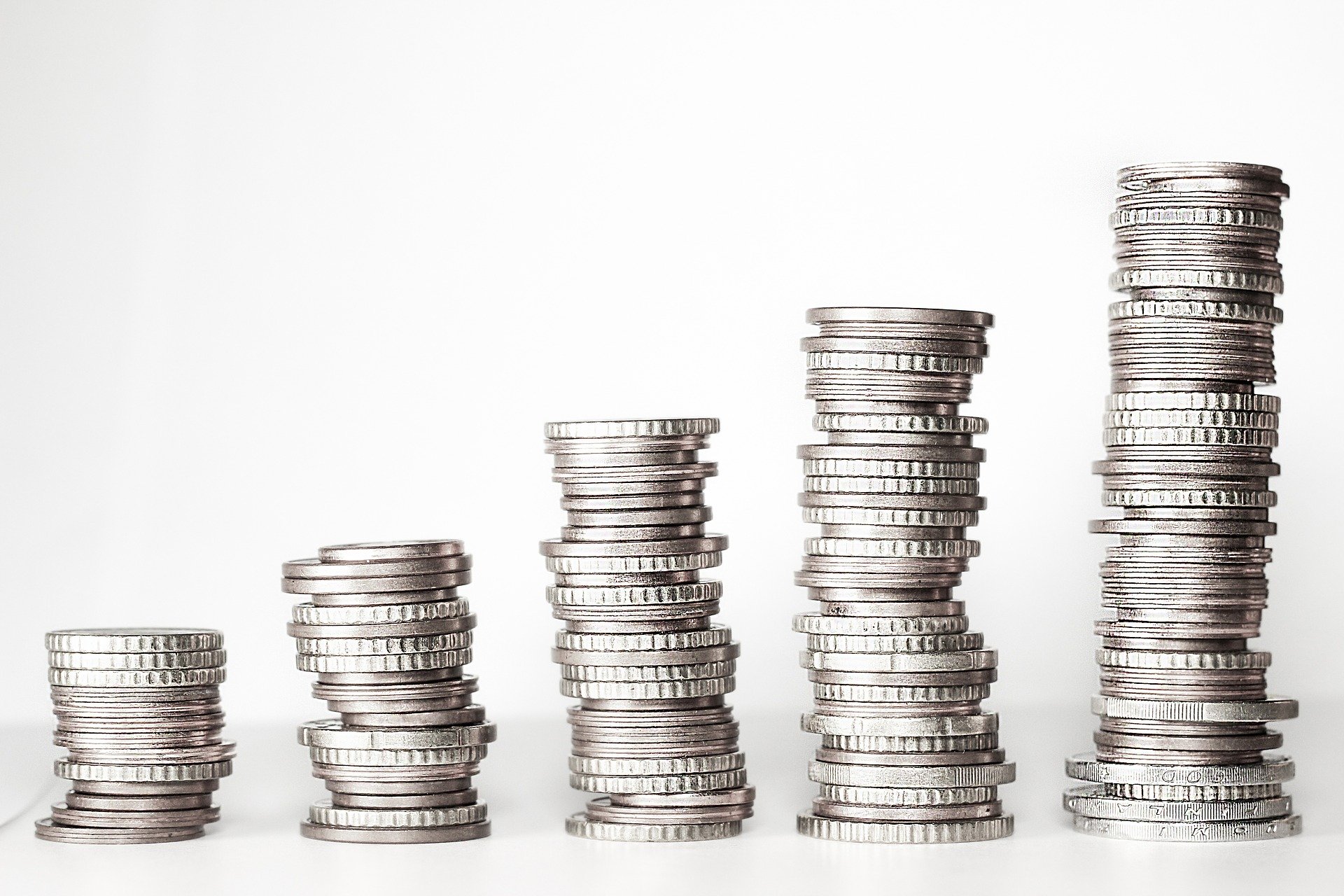When a bankruptcy order is made, the bankrupt must stop using their chequebook and bank cards and immediately surrender them to the Official Receiver.
When the bank learns about the bankruptcy order, accounts are normally frozen by the bank.
Therefore, you need to make arrangements need to be made with your existing bank to receive money and pay standing orders, direct debits etc. Opening a new bank account just before the bankruptcy order is made is not advised, as this account will also be frozen.
Some banks allow bankrupts to continue to use existing accounts. Even if the bank agrees to this, they will freeze the account when they become aware of the bankruptcy order.
Bank Accounts in Credit at Bankruptcy
Money in an account at the date of the bankruptcy order is an asset in the bankruptcy. The Offical Receiver may allow the use of some of this money for essential living expenses.
In the case where the bank account is in joint names, the Offical Receiver decides how much of the money to release to each of the joint account holders.
Bank Accounts Overdrawn at Bankruptcy
Any overdraft or outstanding balance on credit cards is a debt in bankruptcy. Therefore, payments must not be paid directly to the bank unless it is a secured debt. This is because the bankrupt would be giving the bank preferential treatment over other creditors. The Offical Receiver decides which debts are paid and in which proportions.
For bank accounts in joint names, all parties are jointly responsible for the whole debt. This is the same for any joint credit agreement. Therefore the bank can ask the joint account holder facing bankruptcy to pay all the money owed.

Bank Accounts During Bankruptcy.
During the bankruptcy, the bank may permit usage of existing accounts after they have consulted the Official Receiver.
A non-discharged bankrupt can apply to open a new Bank/ Building society account, but they must inform the bank they are a serving bankrupt.
Banks/Building Societies are not obliged to grant an account, but if so, it is likely to be a basic account without credit facilities. Banks are required by law to offer a basic bank account product. However, due to their nature, not much money can be made from such accounts. Therefore, these types of accounts are not pushed like the more profitable credit-baring accounts, and the consumer is often unaware of their existence.
See the document to the right for details of the basic bank accounts offered by the UK leading banks and building societies.
Serving Bankrupts do not need to tell the Offical Receiver or Trustee about any new account opened after the date of the bankruptcy order unless asked about it. Nor are they obliged to advise the Offical Receiver or Trustee about money in any new account not amounting to more than needed for reasonable living expenses.
Bank Accounts and an IVA
Will I have to close my bank account?
If you have debts with your bank, they can take money from where your wages are paid, whether you can afford it or not. This is called the Right To Offset. Such debts can be in the form of an overdraft, credit card balance or personal loan.
Therefore you must arrange new banking facilities before embarking on an IVA if your current bank holds some of the debt that is to be placed in the IVA.
People entering into an IVA normal already have some adverse credit history and find it difficult to get an application to open a conventional bank accepted. In that case you need to open a non-credit-bearing basic account. As an IVA is a private matter, your new bank does not need to know about your IVA. We can advise you further on this matter.
